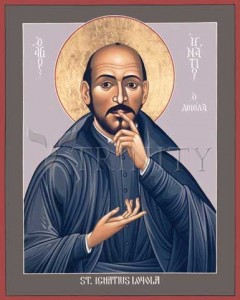Podcast: Play in new window | Download (Duration: 29:50 — 54.6MB) | Embed
Subscribe: Apple Podcasts | Spotify | Amazon Music | Android | Pandora | iHeartRadio | JioSaavn | Podchaser | Gaana | Podcast Index | Email | TuneIn | Deezer | Anghami | RSS | More
 Msgr. Esseff discusses his retreat with The Daughters of Mary, Mother of Healing Love community which meets the needs of the children brought to the St. Charles Children’s Home located in New Hampshire. He speaks of their work and the need to step out in courage to share the Divine Love which is needed to heal the deepest wounds of the heart. He talks about Mother Paul Marie, foundress of this new community, as well as Servant of God Fr. Flannagan, and St. Mother Teresa. Msgr. Esseff talks about the importance of the both the male and female healthy role models in the lives children.
Msgr. Esseff discusses his retreat with The Daughters of Mary, Mother of Healing Love community which meets the needs of the children brought to the St. Charles Children’s Home located in New Hampshire. He speaks of their work and the need to step out in courage to share the Divine Love which is needed to heal the deepest wounds of the heart. He talks about Mother Paul Marie, foundress of this new community, as well as Servant of God Fr. Flannagan, and St. Mother Teresa. Msgr. Esseff talks about the importance of the both the male and female healthy role models in the lives children.
 The mission of The Daughters of Mary, Mother of Healing Love:
The mission of The Daughters of Mary, Mother of Healing Love:
We founded the Daughters of Mary Mother of Healing Love to bring the healing love of Jesus to those who are suffering, and in a special way to families. Our primary apostolate at the present time is the St.Charles Children’s Home, where we care for children from troubled families.
For more on the work of the Sisters click here
Msgr. John A. Esseff is a Roman Catholic priest in the Diocese of Scranton. He was ordained on May 30th, 1953, by the late Bishop William J. Hafey, D.D. at St. Peter’s Cathedral in Scranton, PA. Msgr. Esseff served a retreat director and confessor to St. Teresa of Calcutta. He continues to offer direction and retreats for the sisters of the Missionaries of Charity around the world. Msgr. Esseff encountered St. Padre Pio, who would become a spiritual father to him. He has lived in areas around the world, serving in the Pontifical Missions, a Catholic organization established by St. Pope John Paul II to bring the Good News to the world especially to the poor. Msgr. Esseff assisted the founders of the Institute for Priestly Formation and continues to serve as a spiritual director for the Institute. He continues to serve as a retreat leader and director to bishops, priests and sisters and seminarians and other religious leaders around the world.

 Devin Schadt offers a tremendous work proclaiming St. Joseph as a model for the authentic expression of manhood and fatherhood. In ” Joseph’s Way: The Call to Fatherly Greatness: Part I: Prayer of Faith”, he shares his compelling personal witness to the great saint’s role in his life. He also uses Scripture, the Catechism of the Catholic Church, and many other outstanding resources, to fashion a study that helps to deepen the faith of those who walk with good St. Joseph through the perils men, as well as their families, face in our world today.
Devin Schadt offers a tremendous work proclaiming St. Joseph as a model for the authentic expression of manhood and fatherhood. In ” Joseph’s Way: The Call to Fatherly Greatness: Part I: Prayer of Faith”, he shares his compelling personal witness to the great saint’s role in his life. He also uses Scripture, the Catechism of the Catholic Church, and many other outstanding resources, to fashion a study that helps to deepen the faith of those who walk with good St. Joseph through the perils men, as well as their families, face in our world today.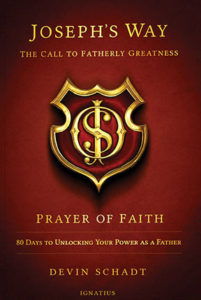
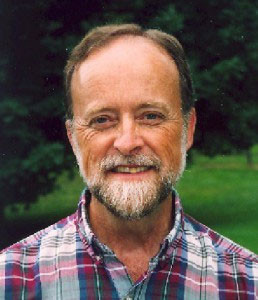
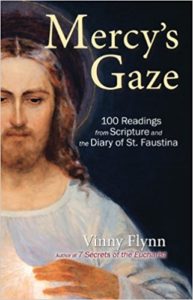
 Why is it essential for the Christian to truly “know” Jesus as the “Christ”? Why is a relationship with Jesus Christ paramount for the spiritual life? What is it be an authentic disciple of Christ? These questions are just a few that are answered by master apologist and president of Ignatius Press, Mark Brumley as we discuss the phenomenal book by Cardinal Christoph Schoenborn, the Archbishop of Vienna. Class A catechesis and rich source of spiritual reading, not only for Catholics, but for the entire Body of Christ. Highly Recommended!
Why is it essential for the Christian to truly “know” Jesus as the “Christ”? Why is a relationship with Jesus Christ paramount for the spiritual life? What is it be an authentic disciple of Christ? These questions are just a few that are answered by master apologist and president of Ignatius Press, Mark Brumley as we discuss the phenomenal book by Cardinal Christoph Schoenborn, the Archbishop of Vienna. Class A catechesis and rich source of spiritual reading, not only for Catholics, but for the entire Body of Christ. Highly Recommended!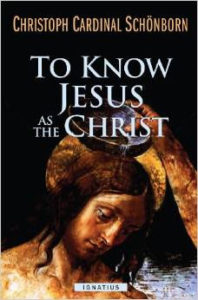
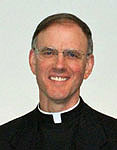 Gallagher.
Gallagher.